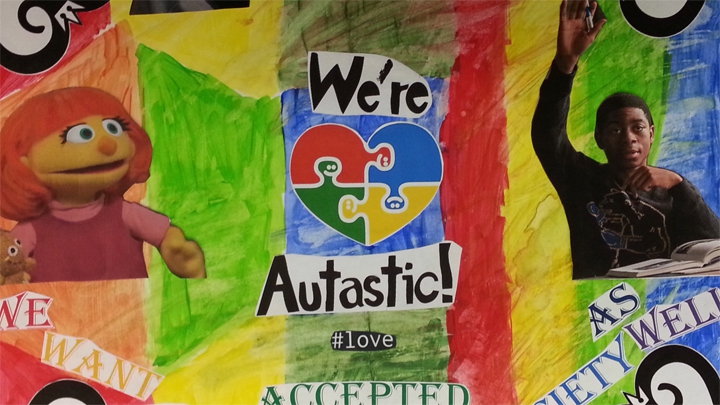The leap from high school to college is truly a multifaceted transition as students shift both academic and social gears. This time of change can be especially taxing for students with Autism Spectrum Disorder (ASD). Deficits in executive function can make adapting to independent university life challenging. Specifically, problems with planning and mental flexibility can interfere with maintaining a self-organized schedule and transitioning smoothly between classes.
Adding to this strain, ASD students face difficulties engaging in social aspects of college. Research shows that adolescents with autism are significantly less likely to be involved in extracurriculars and other social activities than their neurotypical peers. Without an adequate support system, this trend of isolation can continue into higher-level education, depriving ASD undergraduates of the college community experience everyone deserves. Fortunately, certain universities have taken steps to help ASD students navigate these obstacles.

George Mason University’s campus in Fairfax, Virginia.
George Mason University is one such example. Dedicated to ensuring equal opportunities for the whole student body, the Mason Autism Support Initiative (MASI) strives to offer customized assistance to ASD students. In addition to enhancing students’ curricular experiences and offering general aid with the transition process, the program seeks to engage ASD students in the university’s social sphere in accordance with GMU’s Disability Services Office’s mission to “empower students to fully participate in the university community”.
MASI addresses this goal by pairing ASD undergraduates with peer mentors. Prior to being accepted, prospective mentors must demonstrate an ability to form a supportive, respectful relationship with their ASD peers through active listening and constructive feedback. Beyond this criteria, MASI also takes into account mentors’ personal interests and qualities to provide mentees with an individualized experience.

Neurodiversity collage made by GMU sophomore and MASI participant Justin Boachie.
Outside formal meetings, peer mentorship programs offer ASD students opportunities to not only practice social skills but also participate in community activities alongside their mentor. Indeed, studies have shown that peer mentors are more effective than non-peer mentors at fostering social connections for ASD children. The chances for similar benefits at the college level, where parental aid in forming social ties is out of reach, are certainly worth pursuing.
Furthermore, the benefits of peer mentoring are not limited to mentees. Participation in mentorship programs such as MASI allows neurotypicals to gain an intimate outlook into neurodiversity. Research suggests that students with personal relationships with autistic individuals tend to be more accepting. Thus, peer mentoring can be seen as a symbiotic experience – ASD mentees learn social skills while neurotypical mentors develop open-minded perspectives.

William and Mary Neurodiversity logo
What can neurodiversity advocates at William and Mary take away from programs like MASI? Peer mentoring for ASD is not exclusive to GMU; this type of support system has been adopted by other institutions, including Syracruse University and Grand Valley State University. Currently, W&M, like the majority of universities, does not have a formal peer mentoring program for autistic students. However, the combined support for neurodiversity on behalf of faculty and the Neurodiversity Student Group certainly promotes progress. Perhaps peer mentoring will be part of our next step towards supporting neurodiversity.
I think that this is great how GMU and a few other schools are implementing peer mentoring programs into their college to help the neurodiverse community transition into college life. It not only helps the neurodiverse student become more involved in extracurricular’s but also helps increase awareness around the campus. You say that the increased awareness results in a more positive view on the neurodiverse community at the college which is another big boost for all the neurodiverse students at the college. I think that more universities should have similar programs to just make the transition to being more on your own easier for neurodiverse students. The more colleges that have programs like this will encourage more and more neurodiverse students to want to go to college and this can only benefit both the student and the college. I really liked your blog post and hope that more schools can be like GMU, Grand Valley State and Syracuse.